Draft bills and revised laws, including China's first regulations on the protection of minors in cyberspace, were passed by Chinese lawmakers as the sixth session of the Standing Committee of the 14th National People's Congress (NPC) on Tuesday.
The Chinese lawmakers also voted to adopt the Patriotic Education Law and a revised Marine Environment Protection Law, both of which will take effect on January 1, 2024.
Chinese Premier Li Qiang has signed an order of the State Council to issue a set of regulations to protect minors in cyberspace. The regulatory document, comprising 60 articles in seven chapters, will also come into effect on January 1, 2024, according to an official statement.
In June, the number of internet users in China reached 1.07 billion, while the number of minor internet users exceeding 191 million. While the internet expands the space for minors to learn and live, it has also encountered some problems, such as the lack of awareness and ability of minors to use the internet safely and reasonably, the impact of illegal and harmful online information on the physical and mental health of minors, the indiscriminate collection and use of personal information of minors, as well as minors' addiction to the internet.
As China's first regulations on the protection of minors in cyberspace, the regulations aim to create an online environment conducive to the physical and mental health of minors, protect their legitimate rights and interests and provide a strong legal guarantee for the protection of minors in cyberspace.
The primary areas of concern in the regulations include protecting minors' personal information, shielding them from internet addiction, as well as improving the systems and mechanisms dedicated to protecting minors online.
In terms of personal information protection, the regulations stipulate that guardians should educate and direct minors in order to strengthen their awareness and ability to protect their personal information, as well as instruct them on exercising their relevant rights.
The regulations specify requirements for emergency responses to security incidents by personal information handlers when there is or may be a leakage, tampering or loss of minors' personal information.
To curb internet addiction, the regulations require the enhancement of teachers' early identification and intervention capabilities and strengthening of guardians' guidance when it comes to minors' safe and reasonable use of the internet.
The regulations also specify that network service providers should reasonably limit minors' consumption at different ages when using their services.
Besides this, the regulations mandate that online game service providers should establish and improve rules to prevent minors from becoming addicted to the internet, classify game products and provide age-appropriate prompts.
The regulations also clarify the responsibilities of government departments in charge of internet and information technology, press and publication, public security and market regulation, among other areas, in protecting minors in cyberspace.
The document underlines the importance of promoting web literacy and morality among minors through strengthening the educational roles of schools and guardians. Cyberbullying targeting minors by any organizations or individuals is prohibited, according to the document.
Several personnel appointments and removals were also decided upon during the meeting. Li Shangfu was removed as China's state councilor and minister of national defense and Qin Gang was removed as state councilor.
Meanwhile, Yin Hejun was appointed as minister of the Ministry of Science and Technology, while Wang Zhigang was removed from the position. Lan Fo'an was appointed as minister of the Ministry of Finance, while Liu Kun was removed from the position.

















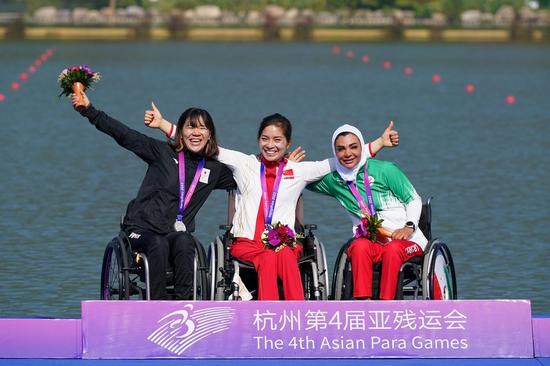




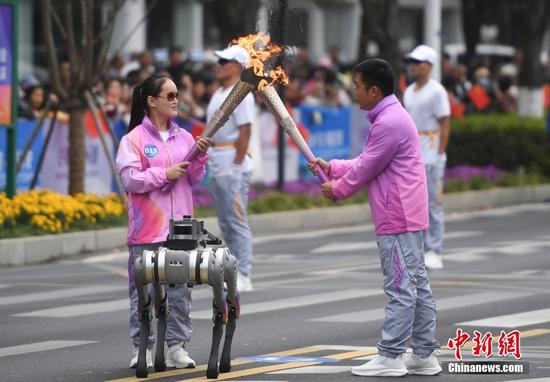









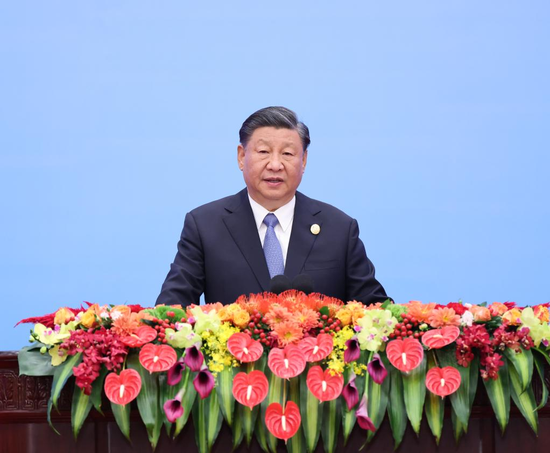



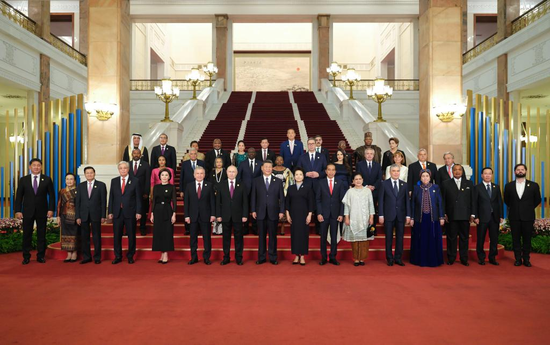

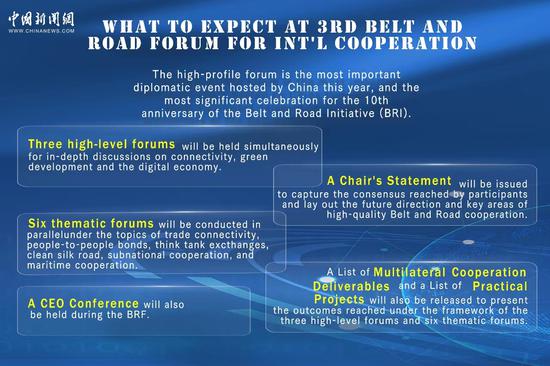











 京公网安备 11010202009201号
京公网安备 11010202009201号